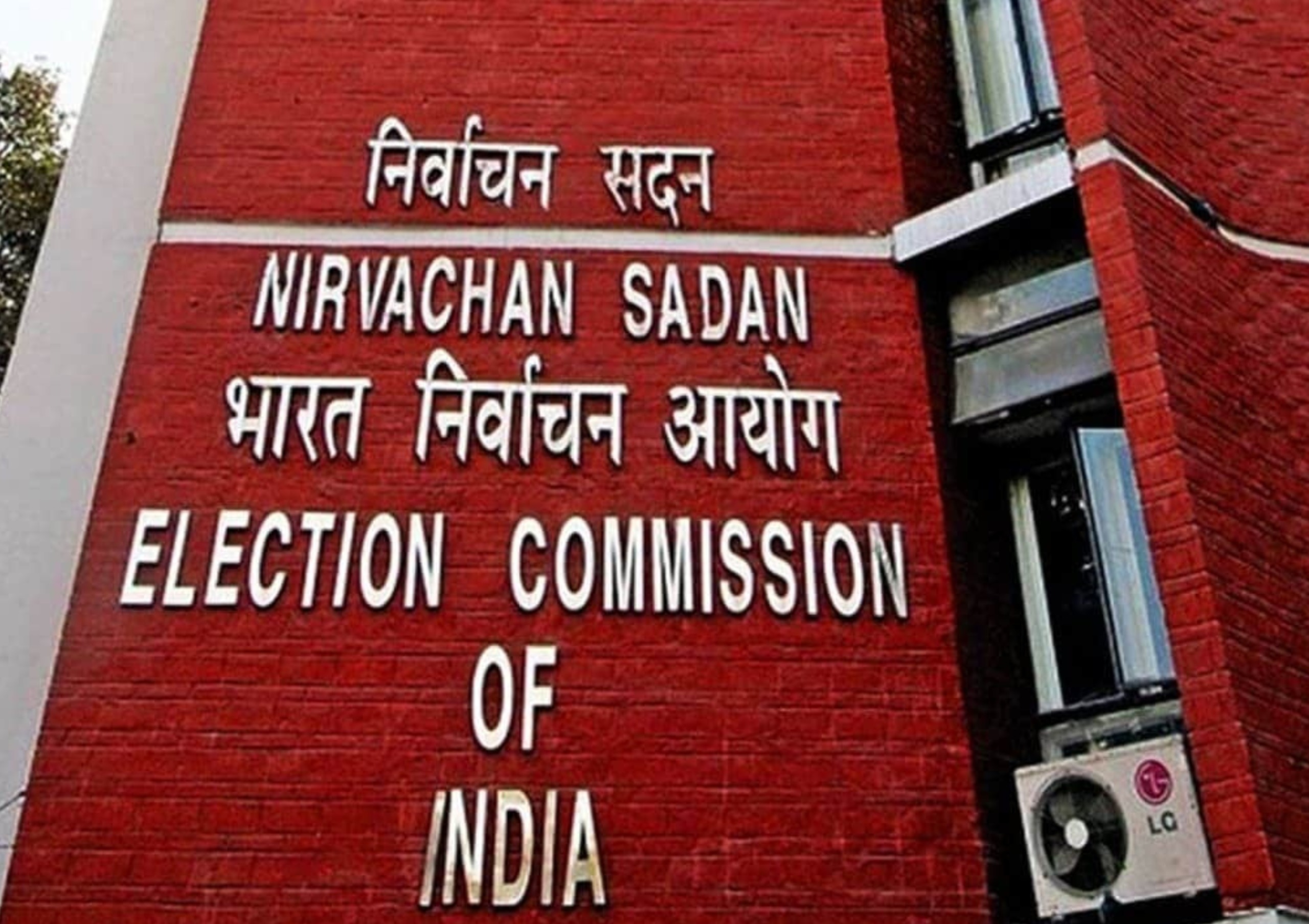
New Delhi, 5 July 2025:
Citing significant legal and constitutional issues, the Association for Democratic Reforms (ADR) filed a petition with the Supreme Court challenging the Election Commission of India's (ECI) Special Intensive Revision (SIR) of the Bihar electoral rolls.
The ECI's 24 June directive, which requires citizens, especially those added to voter lists after 2003, to provide proof of citizenship, such as birth certificates and parental documents, is being challenged in ADR's public interest litigation (PIL), which was filed under Article 32. According to the petition, these requirements violate Articles 14, 19, 21, 325, and 326 of the Constitution and Section 21A of the Representation of the People Rules (1950) by shifting the burden of proof from the state to individuals.
ADR claims that marginalised communities in rural Bihar will be disproportionately disenfranchised if common documents like ration cards and Aadhaar are excluded. According to the petition, "the documentation requirements...lack due process as well as the unreasonably short timeline…bound to result in the removal of names of lakhs of genuine voters," which could jeopardise free and fair elections. ADR's request coincides with opposition parties' growing criticism. Leaders like Digvijaya Singh of the Congress, Tejashwi Yadav of the RJD, and Asaduddin Owaisi of AIMIM have cautioned that the hasty process may represent a "back-door NRC" implementation and exclude millions of people, including migrant workers, the impoverished, and marginalised.
The ECI has responded by highlighting the SIR's compliance with applicable electoral laws and Article 326 of the Constitution. It makes the case that the revision is required to preserve electoral integrity, remove voters who are ineligible, such as deceased people, migrants, and illegal immigrants, and safeguard the right of legitimate voters to vote. Eleven political parties, including members of the opposition bloc, met with the ECI on July 2nd to discuss their issues. The poll panel emphasised its dedication to openness and support for vulnerable populations, such as voters from low income backgrounds, the elderly, and people with disabilities.
The Supreme Court will now consider ADR's request for an immediate stay of the SIR order and an order requiring the ECI to justify the revision. Clarity regarding acceptable documents and timelines is another goal of the petition. Critics contend that the current exercise, which was started right before state elections later this year, is ill timed and could discourage voter turnout. Bihar's last significant revision was carried out in 2003.
In the lead up to important elections, the case has turned into a hot spot in India's continuing discussion about electoral integrity, administrative justice, and the defense of democratic rights as the court considers a preliminary hearing.